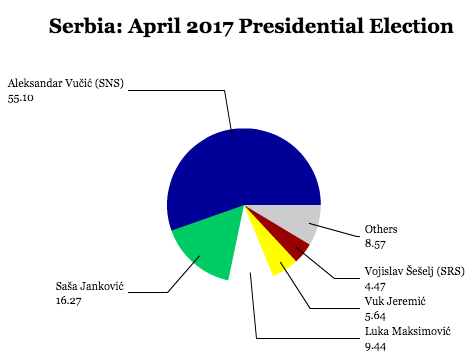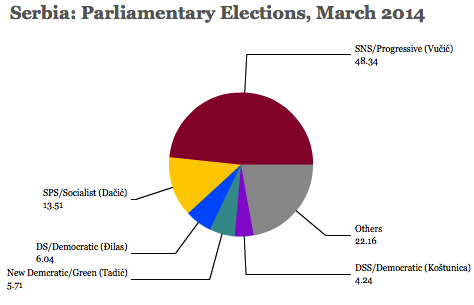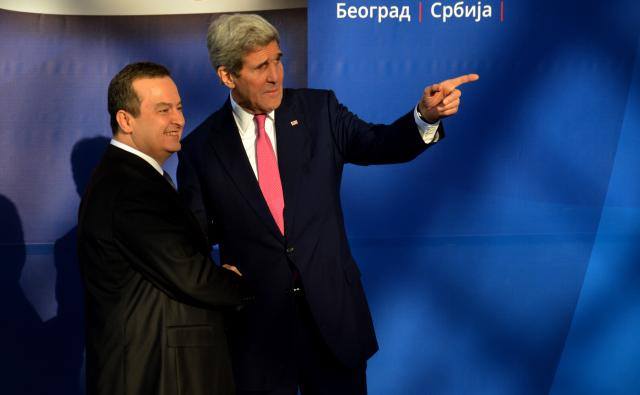
For decades, presidential politics in parliamentary democracies were boring affairs — if popular elections were even held for the position, they typically featured technocrats or independents. Politicians, if they ran for what are mostly ceremonial presidencies, would be episodes that ended a successful political career. ![]()
That’s still generally the case in western Europe — presidents like former Labour firebrand Michael D. Higgins in Ireland, one-time foreign minister Frank-Walter Steinmeier in Germany, and the charismatic communist Giorgio Napolitano in Italy all ended (or are ending) their political careers as figureheads.
But increasingly, in emerging democracies in eastern Europe, it’s becoming a power play for popular prime ministers to wage campaigns for a previously ceremonial presidency, using the ‘mandate’ of popular election as a bid to suffuse the presidency with far more than ceremonial power.
It is a gambit that’s worked in the Czech Republic and in Turkey, where presidents Miloš Zeman (since 2013) and Recep Tayyip Erdoğan (since 2014) have succeeded, to some degree, in shifting some power from the parliamentary branch of government to the presidential. The Czech Republic remains a parliamentary democracy, but Zeman, who is running for reelection in 2018, shrewdly took advantage of the country’s first direct presidential elections to carve a new role for the Czech presidency in domestic and foreign policymaking. Erdoğan not only won the Turkish presidency, but hopes to formalize constitutional changes to enshrine presidential power in a high-stakes April 16 referendum.
It failed in Slovakia, where sitting prime minister Robert Fico lost the 2014 presidential election to independent businessman and philanthropist Andrej Kiska. So it’s a power move that can sometimes backfire — Fico managed to remain Slovakian prime minister, but his center-left party dropped from 83 seats to 49 in the National Assembly in last March’s parliamentary elections after a swing of 16% away from Fico’s party.
There will be no such regrets for prime minister Aleksandar Vučić, who easily won a first-round victory with 55% of the vote among an 11-candidate field, cementing control of the Serbian government not only in the hands of the ruling Serbian Progressive Party (Српска напредна странка / SNS), but, in particular, under the personal command of Vučić, who nudged incumbent Tomislav Nikolić to stand aside from a reelection bid in late February.
It will make Vučić even more powerful than Boris Tadić, a center-left and pro-EU leader who similarly dominated Serbian politics as president from 2004 to 2012. Though Nikolić narrowly defeated Tadić five years ago in a runoff, Vučić (and not Nikolić) held more sway over Serbian government over the last half-decade, increasing his grip on power over a series of three parliamentary elections between 2012 and 2016. Vučić’s presidential victory means that power is now likely to swing (once again) to the Novi Dvor, the Serbian presidential palace.
Over the next two months, as he prepares to take the presidential oath on May 31, Vučić, who remains prime minister for the time being, is likely to choose one of several cabinet members as his successor — leading names include two independents appointed by Vučić to his cabinet, finance minister Dušan Vujović or public administration minister Ana Brnabić (who would not only be Serbia’s first female prime minister, but its first openly lesbian one, too). Nikolić, over the weekend, hinted that he would retire from party politics altogether, which would seem to eliminate him as prime minister. Former justice minister Nikola Selaković, a rising star within the SNS, is also often mentioned. Continue reading Vučić easily wins presidential victory to consolidate power across Serbia’s government



